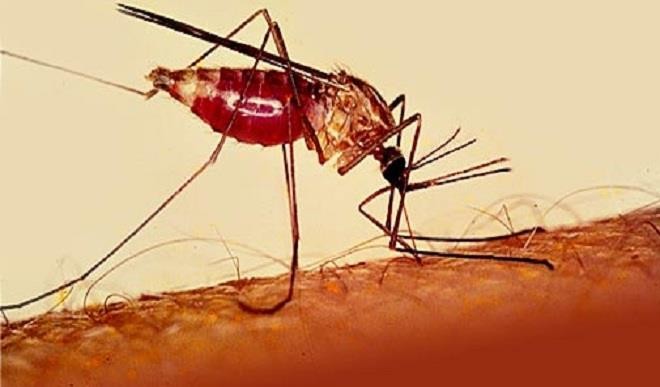COVID-19: Why Nigeria should tackle disruptions in malaria services
The National Malaria Elimination Programme (NMEP) has advised the country and other malaria-endemic countries to minimise any disruptions of malaria prevention and treatment services during the COVID-19 response. National coordinator of the programme, Dr. Audu Bala Mohammed, gave the advice while briefing newsmen in Abuja. Bala, who was represented by the Head, Advocacy Communication and […]

Malaria Campaign
The National Malaria Elimination Programme (NMEP) has advised the country and other malaria-endemic countries to minimise any disruptions of malaria prevention and treatment services during the COVID-19 response.
National coordinator of the programme, Dr. Audu Bala Mohammed, gave the advice while briefing newsmen in Abuja.
Bala, who was represented by the Head, Advocacy Communication and Social Mobilisation, Chukwu Okoronkwo, warned that malaria deaths in Nigeria and other countries in sub-Saharan Africa could double by the end of this year, if disruptions in malaria services continued as a result of the COVID-19 pandemic.
He said a recent survey by Global Fund indicated that malaria and other key services were being seriously disrupted on account of countries’ and their health systems’ response to the pandemic.
He said the results highlighted several cancelled or delayed prevention activities.
“Recent projections suggest that where most prevention activities are cancelled or delayed, and malaria services like insecticide-treated net campaigns and access to antimalarial medicines experience severe disruption, then malaria deaths in sub-Saharan African could double by the end of this year.
“Under the worst-case scenario presented in an analysis that was done, the death toll in sub-Saharan Africa in 2020 would exceed the total number of malaria deaths reported globally in the year 2000,” he said.
Bala said the National Malaria Elimination Programme intended to ensure access to and use of Insecticide Treated Nets are maintained through campaigns that are adopted to protect health workers and communities from COVID-19, adding “We also intend to continue case management of malaria, including prompt diagnostic testing and treatment, delivered safely and appropriately.”
He said the programme has developed and is implementing a business continuity plan for the rest of the year, prioritising interventions, streamlining campaign activities and developing appropriate messaging including risk communication based on the evolving pandemic.
He added that there were concerns by community members seeking appropriate care given that COVID-19 entry symptoms were same as those of malaria.
“These concerns are associated with fear of exposure to COVID-19, further delays at health facilities, and stigmatisation. These may have further been compounded by the hype on mortalities associated with COVID-19 and existing measures to suppress the pandemic such as restrictions on use of public transport, all of which could further hinder accessibility to care,” he said.
He advised the Nigerian populace to take the necessary preventive measures to avoid getting sick with malaria.
